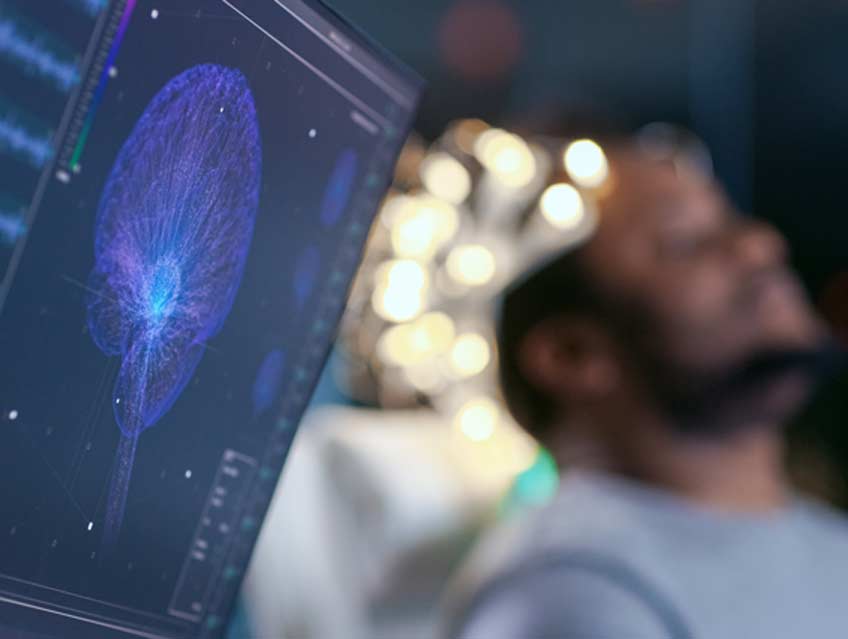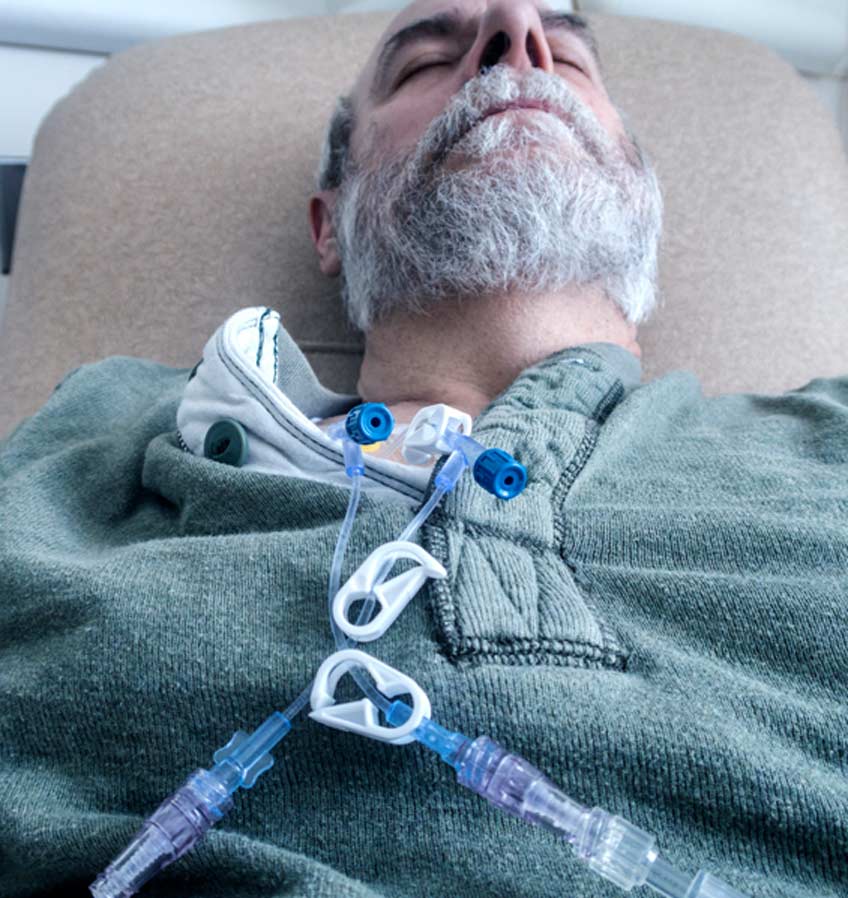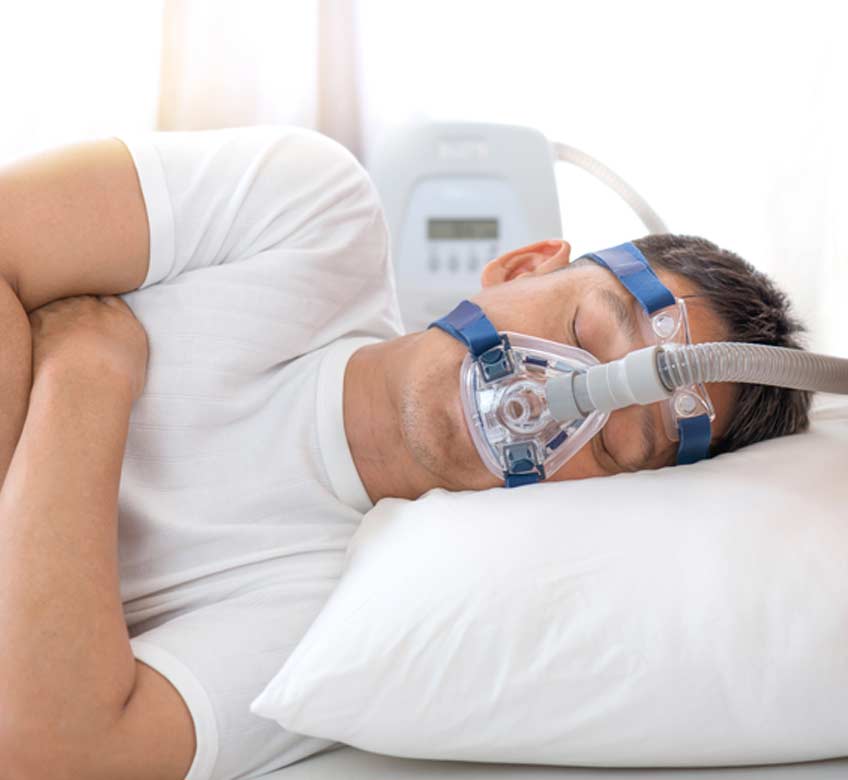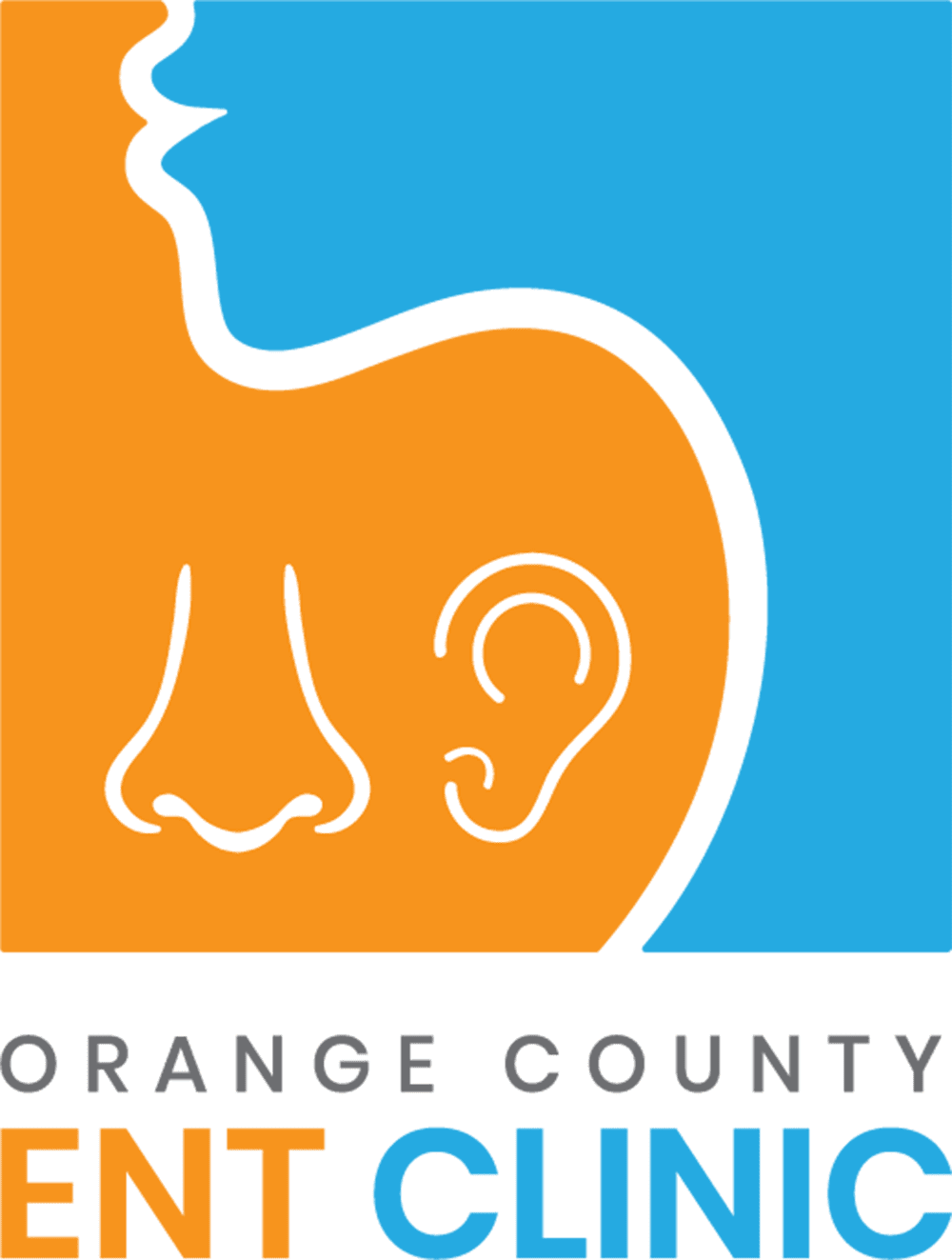
Snoring and being unable to enjoy a full night’s rest are two of the common signs suggesting you may have sleep apnea, a condition characterized by repeated breathing disruptions while sleeping.
This potentially life-threatening condition is sometimes the result of issues with how brain signals are sent, but the most common reason for sleep apnea is problems with throat muscle relaxation.
Because underlying conditions may also affect sleep-related breathing patterns, one or more of the following types of sleep apnea studies may be recommended.
Overnight Sleep Study
An overnight sleep study, also called a polysomnogram, usually takes place in a sleep center in a room with a bed. Sensors are attached to different parts of your body to record brain activity and basic vital signs as you sleep. Breathing patterns are also recorded, and nighttime movements during sleep are observed as well.
Multiple Sleep Latency Test
This type of test is performed during the day, and usually after an overnight sleep study has been conducted. The purpose of a multiple sleep laboratory test (MSLT) is to measure daytime drowsiness or fatigue. This type of testing may also be recommended for patients with narcolepsy, referring to periods of spontaneous sleep when awake. Testing of this nature usually accesses the duration of daytime naps and the rate at which you are able to fall asleep in a quiet setting.


Two-Part Test
Sometimes, a single test is used to evaluate different stages of sleep and how your CPAP device works for you. This is referred to as a two-part test, taken in a single overnight visit. During the first half of the night, your sleep patterns will be observed. If it’s determined that you have moderate or severe sleep apnea, you’ll use the CPAP device during the second part of the night so settings can be adjusted.
Maintenance of Wakefulness Test
This type of test assesses your level of alertness during the day. It’s also likely to be performed after an overnight study has been conducted. A maintenance of wakefulness test is often required by employers that need workers to be fully alert to perform their job duties safely and effectively.
Home Sleep Apnea Test
If you do not have other medical disorders that may be contributing to your sleep apnea, you may be a good candidate for a home-based test. You’ll be shown how to use a small monitoring device as you sleep in the comfort of your own bed. The sleep data that’s recorded will then be evaluated.
Results from a sleep apnea study are usually combined with other patient-specific details to determine how to best treat sleep apnea. If, for example, your sleep apnea is related to issues with diabetes, you may be advised to make appropriate lifestyle changes, such as losing weight, that could improve your underlying health problems and your sleep disruption issues at the same time; or if allergies are triggering sleep interruptions, you may be advised to be more mindful of allergy triggers. While there are apps and tracking devices that claim to be able to track your sleep patterns, results are often more reliable from a properly conducted sleep apnea study.
